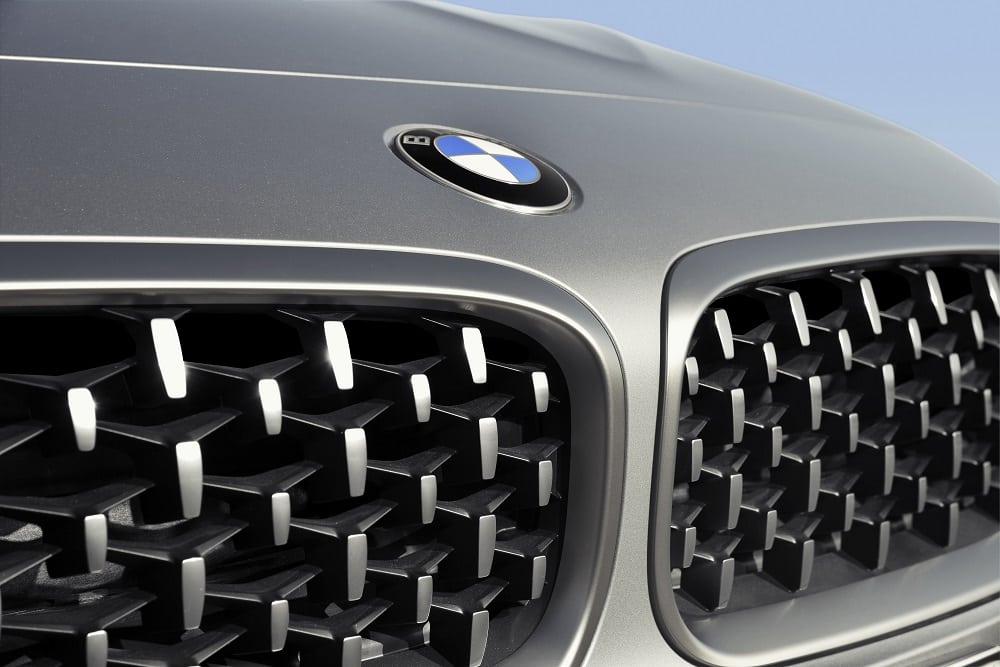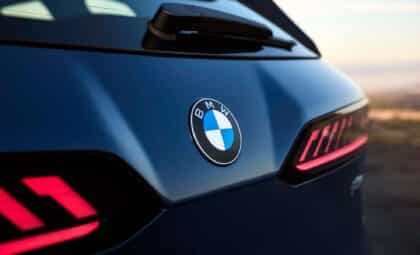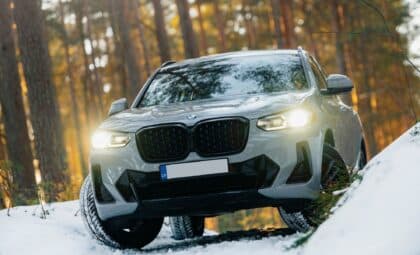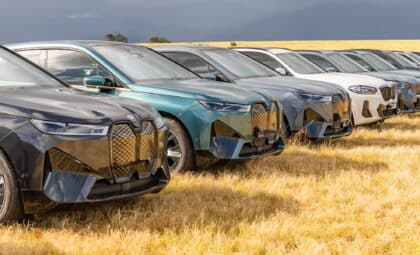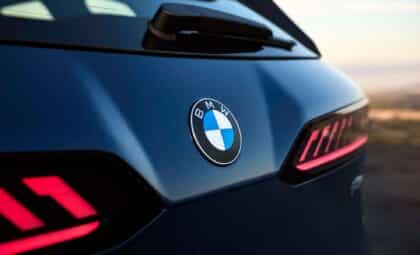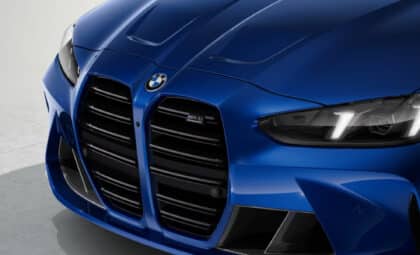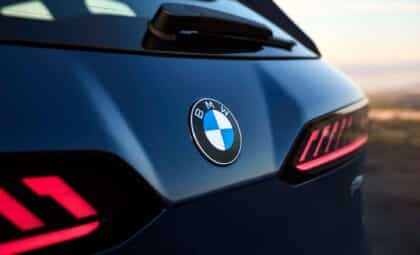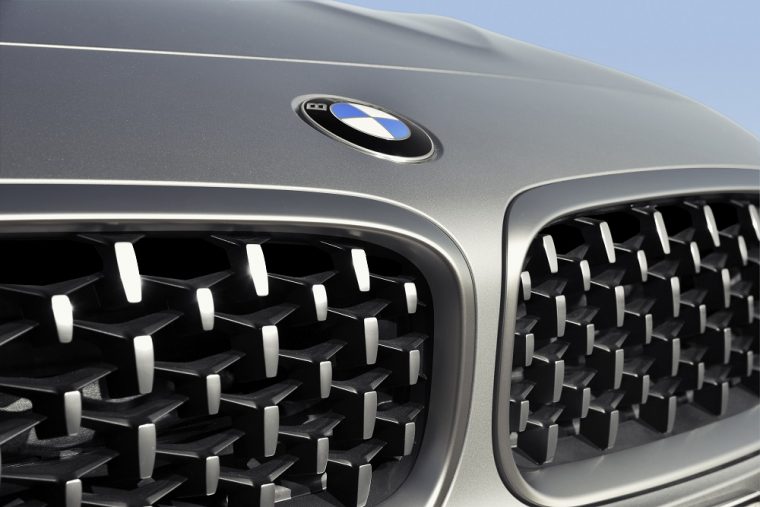 Photo: BMW
Photo: BMW
BMW is exploring fuel cell technology to help it diversify its electrification efforts. The German automaker will be working with Toyota to develop new hydrogen-powered vehicles.
According to a report by Nikkei Asia, BMW sales chief Pieter Nota says that BMW and Toyota will begin producing and selling hydrogen FCVs on a mass scale as early as 2025. Its fuel cell iX5 hydrogen concept, unveiled at the International Motor Show Germany last year, will be produced at a small scale before the end of the year.
Electrified: All-new 2023 Toyota Corolla Cross Hybrid
Toyota has years of experience with fuel cell technology. Cars like the Toyota Mirai, which recently entered its second generation, use hydrogen to generate electricity, and emit only water vapor. They have several advantages over traditional EVs — chief among them is superior range and short refueling periods of only three to four minutes.
Toyota and BMW are no strangers to each other, having recently collaborated on the development of the Toyota GR Supra and BMW Z4 sports cars. Both brands also believe that hydrogen can provide useful diversification of future electrified vehicle lineups, and Toyota has been slow to invest in EV technology, in part because it believes hydrogen is a better carbon-neutral alternative for the future.
The upcoming BMW iX5 will have two fuel tanks of about 13 pounds each, which is anticipated to contribute to impressive long-range travel. Not much is known about the SUV yet but it will likely be similar to the BMW X5, one of the brand’s top-selling products. Toyota is also at work on a hydrogen-powered Corolla Cross, which should be more affordable than the Mirai and may attract more customers to the technology.
However, the hydrogen refueling infrastructure is severely lacking. In the U.S., the entire network of public hydrogen stations is concentrated around Los Angeles and San Francisco. Until that changes, hydrogen-powered cars will be little more than tech demos for enthusiasts who own other cars for when they want to travel outside of urban California.
Kurt Verlin was born in France and lives in the United States. Throughout his life he was always told French was the language of romance, but it was English he fell in love with. He likes cats, music, cars, 30 Rock, Formula 1, and pretending to be a race car driver in simulators; but most of all, he just likes to write about it all. See more articles by Kurt.

